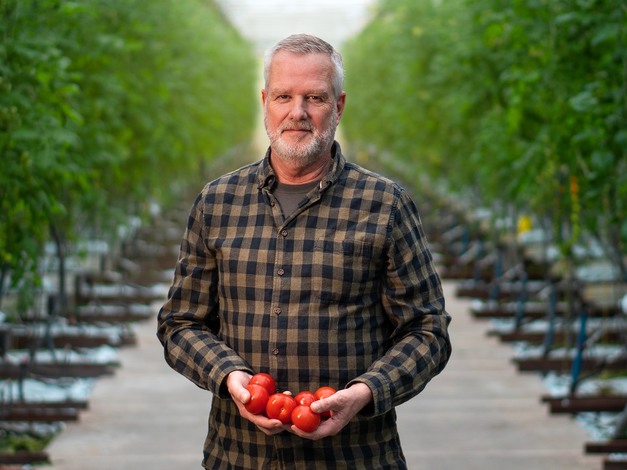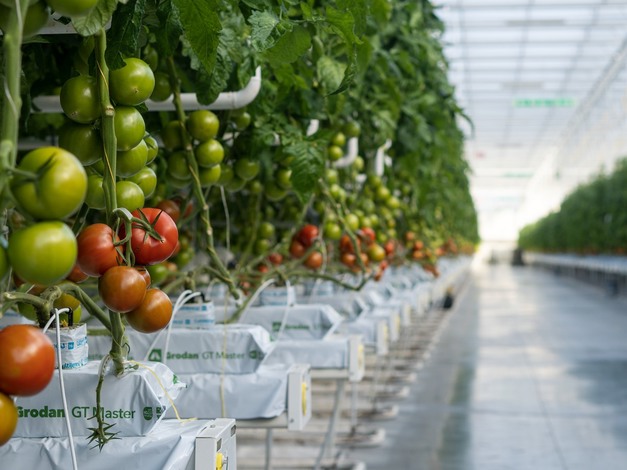Sweden has seen slower fresh produce sales this summer due to high inflation as consumers seek out value purchases. According to Magnus Nilsson, CEO of Odlarlaget, the Swedish Growers' Association: "Consumption has been the same as last year. It means profitability for growers is suffering due to lower sales volumes."

Thomas Lilja, chairman of Odlarlaget and tomato grower in Sweden.
Odlarlaget, as the first growers' organization in Helsingborg, Sweden, has applied for and been approved as a cross-border producer organization for horticulture, this means it is a producer organization that has members with operations and greenhouse cultivation in several EU countries.
Thomas Lilja, chairman of the association: "The grower association has to be an attractive partner for owners, customers, and staff, do better business, and create opportunities for improved profitability and greater benefit for our owners and customers. By becoming a cross-border grower's association, we add greater member benefit for all members of the association by creating better conditions for future investments."
The producers' Malax Trädgård Oy outside Vaasa in Finland has applied for membership from 2024 and has been accepted as a member of the Growers Association in Sweden. Malax currently grows peppers, cucumbers, and tomatoes for the Finnish market.
"Becoming a cross-border producer organization is completely in line with the board's multi-year strategic plan, which is the basis of my mission as CEO of Odlarlaget," says Nilsson.
He says the high cost in terms of heating energy and labor costs during winter in Sweden has impacted profitability during summer when sales were slower. "Plant growers are also affected because they buy plants from Europe. Volumes are down; the high inflation puts pressure on consumers' finances, who now have to skip some parts of their shopping. Everything comes to high inflation, the weaker economy, and lack of buying power."

Nilsson says while Sweden did not have extremely hot summer weather, the current climate change across Europe had some impact. "We had a really warm pre-summer, in May and June, it was very hot and dry. We expected the whole of summer to be hot and dry, but it has been raining a lot after that with some storms. We have a lot of glasshouse production, so while we are affected, it is not as much. We get the effect with little light and high moisture. It has not been optimal weather for production."
He says they now expect the tomato market to be short. "With a very high yield like tomato production early in summer, it means high yield all over Europe with the demand to import from other countries decreasing as local production comes first. Because there was a high yield in July, the tomato supply late in the season will now be short," concludes Nilsson.
 For more information:
For more information:
Thomas Lilja
Odlarlaget
Email: [email protected]
Magnus Nilsson
Odlarlaget
Email: [email protected]










